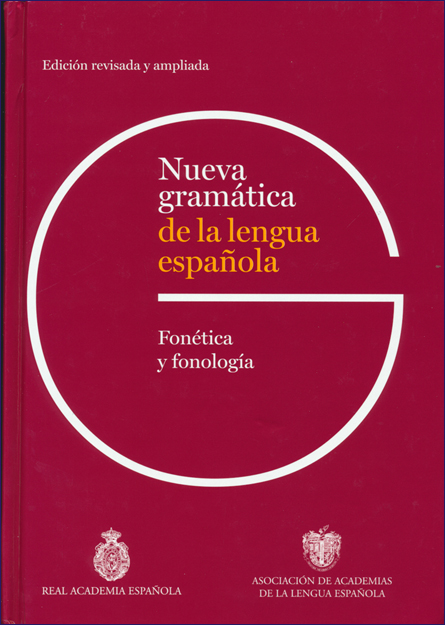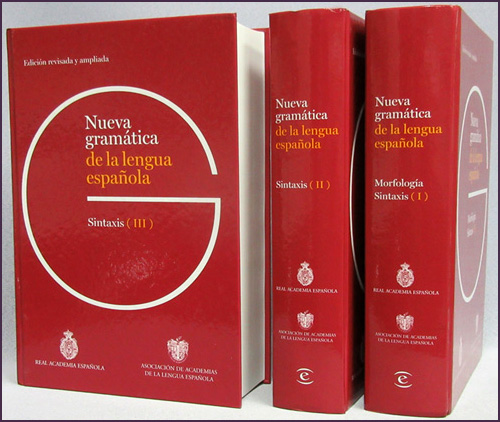Al que en buen hora nació: Essays on the Spanish Epic and Ballad in Honour of Colin Smith ∥ Powell, Brian & West, Ggoffrey(eds.)
-----------------------------------
ISBN13: 9780853231691
-----------------------------------
サイズ: 15.5 x 23.5 x 1.5 cm
-----------------------------------
頁 数: 208 pgs.
-----------------------------------
装 丁: paper cover
-----------------------------------
出版社: Liverpool University Press
-----------------------------------
発行年: 1996
-----------------------------------
発行地: Liverpool
-----------------------------------
双書名: Hispanic Stud. T.R.C. 12
-----------------------------------
書籍状態: 経年変化による軽度な表紙の変色
追加情報: ※ 詳細PDFリンク
Description:
The essays in this volume are dedicated to Colin Smith by colleagues, pupils and friends from Britain, Spain and the United States of America. The contributions focus on the Spanish epie and bailad, two fields in which Colin has had an important influence as an editor and critic. We could not hope to do justice to the full range of Colin’s scholarly interests in a single volume like this. Hence, it was decided to concentrate on these two areas.
Colin Smith, Doctor of Letters, Corresponding Member of the Real Academia de la Lengua Española, Comendador de la Orden de Isabel La Católica, is an exemplary scholar and a gentleman. Brought up on the south coast of England, he took his first degree in 1950 at the University of Cambridge at St Catharine’s College, that ancient but discreet college between more illustrious neighbours. After his first degree, Colin remained at St Catharine’s for his doctoral studies. His thesis, ‘The Origins of Gongorism’, earned him a doctora te in 1954. By this time, he had become a lecturer at the University of Leeds where he was to stay for over a decade, rising through the ranks to a Senior Lectureship in a period of expansion in universities.
lt was at Leeds that Colin began to establish his reputation as an outstanding teacher and productive researcher. Generous to students with his time and his hospitality, he would offer them the chance to visit him and his wife, Ruth, at their home. As his experience grew, he was the ideal choice as Sub-Dean, a post he held for several years and which brought him closer than ever to students. He was al so a keen participant in the life of the Department, where certain new ballads in Spanish were to appear, featuring Colin amongst the protagonists, while he prepared his own edition of traditional Spanish ballads, which appeared in 1964. Prior to this, he had published a number of articles on Golden Age topics, and, then, in the 1960s, publications on the Spanish epie began to appear. It was also at Leeds that Colin’s interest in lexicography was able to grow and to bear early fruit in a publication for Harrap and in the edition of Langenscheidt’s bilingual dictionary in which he participated.
- From Preface
CONTENTS:
Preface......1
Bibliography of Colin Smith......5
Ballad Hunting in Zamora, SAMUEL G. ARMISTEAD......13
The Problem of Lost Epics: Evidence and Criteria, ALAN DEYERMOND...... 27
‘¡Fabla, Pero Mudo ...... !’-’¡Direvos, Çid ...... !’: Address in the Poema de mio Cid, JOHN GORNALL......45
Marksmanship and Meaning in ‘Aiora la bien cercada’, DAVID HOOK......55
Sobre las dobles bodas en el Poema de mío Cid, MARÍA EUGENIA LACARRA......73
Factitious Flowers or Fictitious Fossils? The romances viejos Re-viewed, IAN MICHAEL......91
‘¡Dios, que buen vassalo! ¡Si oviesse buen señor!’: The Theme of the Loyal Vassal in the Poema de mio Cid, D. G. PATTISON......107
‘Asil creçe la ondra a mio Çid el Campeador’: The Role of Minaya Alvar Fáñez in the Poema de mio Cid MILIJA N. PAVLOVIC and ROGER M. WALKER......115
Attributive Adjective Position in the Poema de mio Cid CHRISTOPHER J. POUNTAIN...... 129
The Cantar del rey don Sancho y cerco de Zamora and the Poema de mio Cid, BRIAN POWELL......147
The Cid and Alfonso VI Re-visited: Characterization in the Poema de mio Cid, GEOFFREY WEST......161
A Question of Genre: Roncesvalles and the Siete infantes Connection, JANE WHETNALL......171
Escribir el Poema de mio Cid, ROGER WRIGHT......189
Tabula Gratulatoria......203
-

RAE(スペイン王立アカデミー)とASALE(スペイン語アカデミー協会)が共同編集した改定新版「アカデミア最新スペイン語文法」シリーズ(既刊3巻)。2025年10月に刊行された本書は、その第4巻(最終巻)です。 2011年版の 555頁から 新版は 700頁余と大幅に改訂増補 !!
※ スペイン語の音声を体系的に理解するための資料として、研究者、教育関係者、上級学習者に不可欠であり、大学図書館・研究室にも必須の一冊です。
※ 大幅な改訂と更新: 旧版以降に進んだ最新の研究成果、特に言語の「バリエーション」に関する知見を全面的に反映。技術の進歩を活用し、内容の理解を助けるための工夫が凝らされています。
※ 具体的な革新点: 知覚音声学への配慮、第1章の全面的な書き直し、イントネーションを扱う第10章の大幅な改訂、QRコードによる発音サンプルの導入、補足的な参考文献の追加など。- Nueva gramática de la lengua española: Fonética y fonologia ∥ R.A.E.
- ¥16,500
-

※ スペイン王立アカデミーとASALE(スペイン語アカデミー協会)が共同編纂した、スペイン語の語彙の歴史を包括的に記録する辞書。語源・形態・意味の変化を詳細に解説しています。
※ DHLE(スペイン語歴史辞典)プロジェクトは現代のデジタル技術と国際的な共同作業体制を駆使して進行中の画期的な取り組み。
※ 10巻本・合計2万ページ超となる今回の紙書籍版(印刷版)は本プロジェクトの記念碑的な出版物。図書館・研究室の重要資料として長期保存の価値が高い文献になります。今後の更新はデジタル版に移行する見込みで、今回の書籍版は将来入手困難になることが予想されます。
※ 全10巻のうち、第1~3巻は現在では入手困難な1960年~1996年版(a-apasanca、b-bajoca)の復刻版です。過去の貴重な学術的成果であり、一次史料としての価値が高いものです。
※ 第4~10巻は2005年以降に進められたデジタル版DHLEから代表的な項目を抜粋して構成。
収録内容はスペイン語語彙史研究の最新成果を反映し厳選されています。- Diccionario histórico de la lengua española. in 10 vols. ∥ R.A.E. ※ 年度末セール特価 ※ 在庫品先着一名様限り 即納可!
- ¥186,120
-

好評発売中!!
第2版 増補改訂版3巻本 「アカデミア最新スペイン語文法」。2009年に2巻本として出版されてから16年、さらに広く深く、スペイン語圏全体のスペイン語を総合的に扱うスペイン語文法書の決定版です!
本書はスペイン王立アカデミー(RAE)とASALE が共同で編纂した最新のスペイン語文法を、より精緻に再構成した改訂増補版であり、形態論から統語論に至るまで、スペイン語の構造を体系的かつ包括的に示す研究書です。従来版よりも内容説明が充実し、分析の明確化、現象の地理的・社会的分布に関する情報の拡充、さらに学習者・研究者双方に配慮した丁寧な解説が加えられています。全3巻・約5000頁に及ぶ大部の構成は、汎ヒスパニック的視点を重視し、スペイン語圏全体の多様性を踏まえた記述を特徴としています。記述文法と規範文法の両面を兼ね備え、学術研究・高度教育機関において必携の基礎資料となる一冊です。- Nueva gramática de la lengua española - Edicion revisada y ampliada in 3 vols. ∥ Real Academia Española
- ¥48,400

